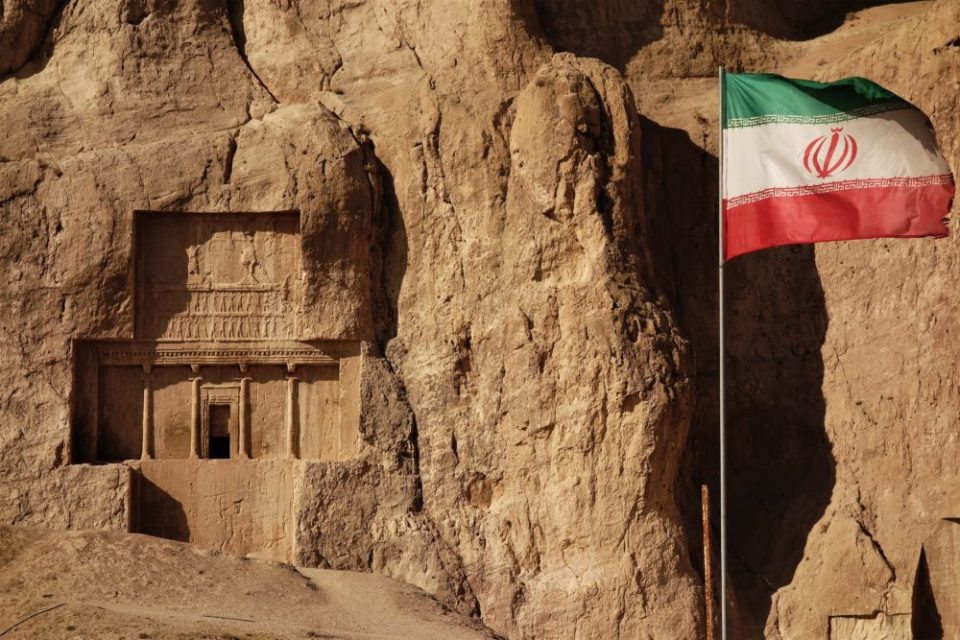
Kilometer 9873: taarof aka the Iranian gradmas’ ways to feed the grandkids
As an honest human being, Piotrek came to the bus driver to pay. The driver smiled, smacked his lips, swayed his head and turned the money down.
As a well-oriented human being, Piotrek retried and placed the money right up the driver’s face. He resmacked, resmiled and reswayed. And then refused.
As a straightforward human being, Piotrek thanked him kindly and slowly started to move away. And see the driver jump out of his cabin! But what?! But money! But he’s working here!
As a conciliatory human being, Piotrek once again took the correct amount of banknotes and tried to hand it in. And what did the driver do? He smacked his lips and took a step back with a gesture saying: “But how could I ever accept your money?”.
This circus is called the taarof, it may last a good while and makes many a visitor puzzled. If you’ve ever fought with your grandma trying to fill your plate for the fifth time, you’ll quickly grasp the idea. It’s just that in Iran it’s not only restricted to overfeeding the grandkids: you’ll have to taarof your way through with a waiter in a restaurant, taxi drivers (oh, that’s a tricky one for hitchhikers!), host families, the mister in the copy shop… It is hard, but you’ll grasp it: generally, if you grab something from a shop, it won’t be for free, while if you’re somebody’s guest – try all you want, but you won’t be paying for anything.
The Iranians have proudly taken the first place among the nations which have so far been the hardest for us to understand. As if the taarof itself wasn’t enough of a communication challenge! Did you try to visualize the lip smacking, delicate facial expressions and head swaying of our bus driver? Well, it’s these three elements that constitute the entire Iranian body language. You’re asking for directions? The delightful non-English-speaking person will gladly explain to you exactly where you need to go in Farsi, not once pointing his hand to any direction. You’re wondering how much an item costs in a supermarket? The seller will inform you about everything, but you’ll only learn the price if you personally equip the man with a pen and a piece of paper, provided you can read Persian numbers. You’re aiming to have a conversation with the friendly truck driver? He’ll tell you the whole story of his life. But in Persian. And very, very quietly. Why should he speak any louder if you understand nada anyway?






The call for evening prayer


If you liked this post, I’d be very happy if you recommend my blog to your friends.






















One Comment
Pingback: